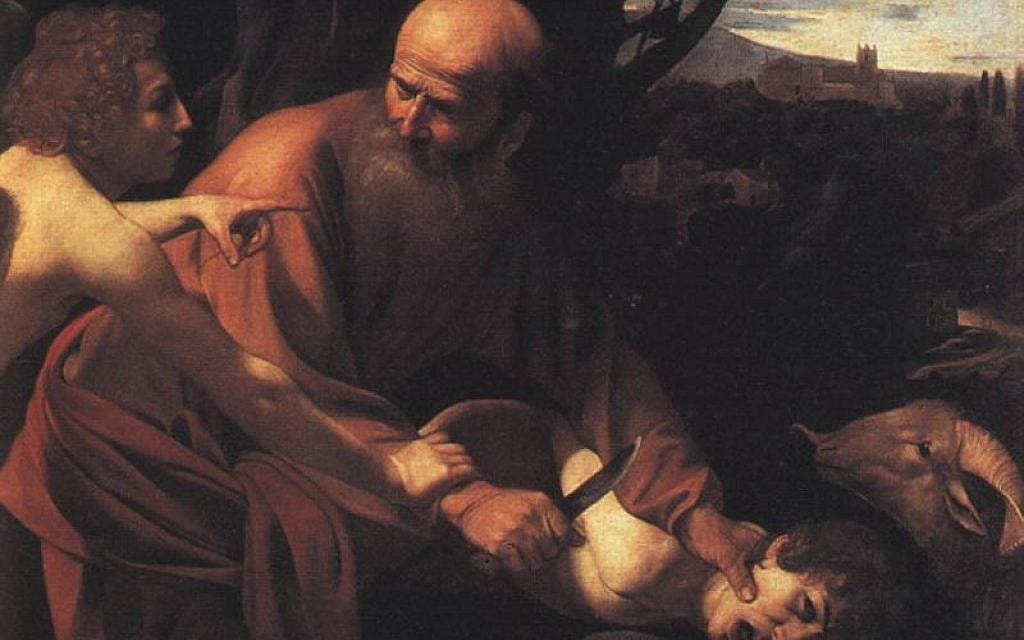Sacrifice
The Machine Will Never Triumph, part twenty-eight
Self-Sacrifice.
Self-sacrifice, after all, is a wrong and mistaken idea.
It cannot be anything but wrong to sacrifice
good, healthy, natural feelings, instincts, passions or desires,
just as it cannot be anything but wrong to cut the throats
of doves for Venus, or steers for Hermes,
if it is merely Venus or Hermes you are thinking of.
Venus would rather have live doves than dead, if you want to make an
offering.
If you want to make her an offering, let the doves fly from her altar.
But what we may sacrifice, if we call it sacrifice, from the self,
are all the obstructions to life, self-importance, self-conceit, egoistic
self-will,
or all the ugly old possessions that make up the impediments of life,
ugly old furniture, ugly old books, ugly old buildings, ugly old “art,”
anything that belongs to us, and is ugly and an impediment to the free
motion of life
sacrifice that to the bright gods, and satisfy the destructive instinct.1
One should never sacrifice life in the name of an idea or an ideal; life is too precious for that. Besides, there are far too few people that are truly living, such that it would be a great loss to lose any of them. Rather than sacrificing oneself, one should live, and be an example. As the Orphics and Pythagoreans were well aware, the old Gods didn’t want a blood sacrifice of innocent creatures; those practices were degenerate forms of older symbolic rites. Certainly, pour out a bit of wine for Dionysus, and leave some bread for Demeter, but a more fruitful sacrifice is to sacrifice all of our false needs and possessions to all the Gods, not because they need them, but because they want us to be free from them. All we really need is clean air, water, and earth; good food; a minimum of clothing and shelter; and a few rudimentary tools to make beautiful things. All the rest is dross: sacrifice it all! Most of all, sacrifice your egos; that the dark Gods demand. When the ego goes, the desire for things flies out the window. We need to get rid of not only things, but also the need and desire for things. This can only be done through education and living examples. As Lawrence writes:
Now I see that you don’t have only to give all your possessions to the poor. You’ve got to have no poor that can be saved just by possessions[…] We don’t want possessions[…] You have got to teach people that, by withholding possessions and stopping the mere frenzy for possession which runs the world to-day. You’ve got to do that first, not last.2
Shedding of blood.
“Without shedding of blood there is no remission of sin.”
What does it mean?
Does it mean that life which has gone ugly and unliving is sin
and the blood of it must be spilt?
O spill the blood, not of your firstling lamb, without spot or
blemish,
but kill the scabbed and ugly lamb, that spreads contagion.
O slay, not the bright proud life that is in you, that can be
happy,
but the craven, the cowardly, the creeping you, that can only be unhappy,
kill it, the unliving thing.
O sacrifice, not that which is noble and generous and spontaneous in
humanity
but that which is mean and base and squalid and degenerate,
destroy it, shed its unclean blood, kill it, put it out of existence.
O shed the unclean, mean, cowardly, greedy, egoistic, degenerate
blood
and let mankind make new blood, fresh and bright.3
So often sacrifice has been the opposite of what it should have been. How many times have good, strong, decent people laid down their lives for an idea, an ideology, a nation, or a state? It is a gross failure and a waste of a life. All the people who died for democracy or for communism died for nothing. We shouldn’t die for a better world, but live here and now for a better world. Those who die for ideals are held up as heroes, but more often they may be cowards. It is so much harder to live according to the Truth than to die for a cause. Let us sacrifice everything bad, rotten, and dead in us; let us sacrifice every part of our selves that has become akin to the machines that rule us, but let us never give up the gleaming kernel of life that lies within our core. We can change the world by living according to our principles. As for those who wish to turn us into cannon fodder, we can only say with Lawrence: “Oh, dark God, smite him over the mouth for insulting me. Be with me, Gods of the other world, and strike down these liars.”4
Bibliography
Lawrence, D. H. Kangaroo. Edited by Bruce Steele. Cambridge: Cambridge University Press, 2002.
———. Kangaroo. Melbourne: The Text Publishing Company, 2018.
———. The Poems. Edited by Christopher Pollnitz. Vol. 1. Cambridge: Cambridge University Press, 2013.
D. H. Lawrence, The Poems, ed. Christopher Pollnitz, vol. 1 (Cambridge: Cambridge University Press, 2013), 585.
D. H. Lawrence, Kangaroo (Melbourne: The Text Publishing Company, 2018), 110.
Lawrence, The Poems, 1:586.
D. H. Lawrence, Kangaroo, ed. Bruce Steele (Cambridge: Cambridge University Press, 2002), 292.




Thank you for this. I've read it multiple times now. I want it to sink in and get under my skin. Be the way.